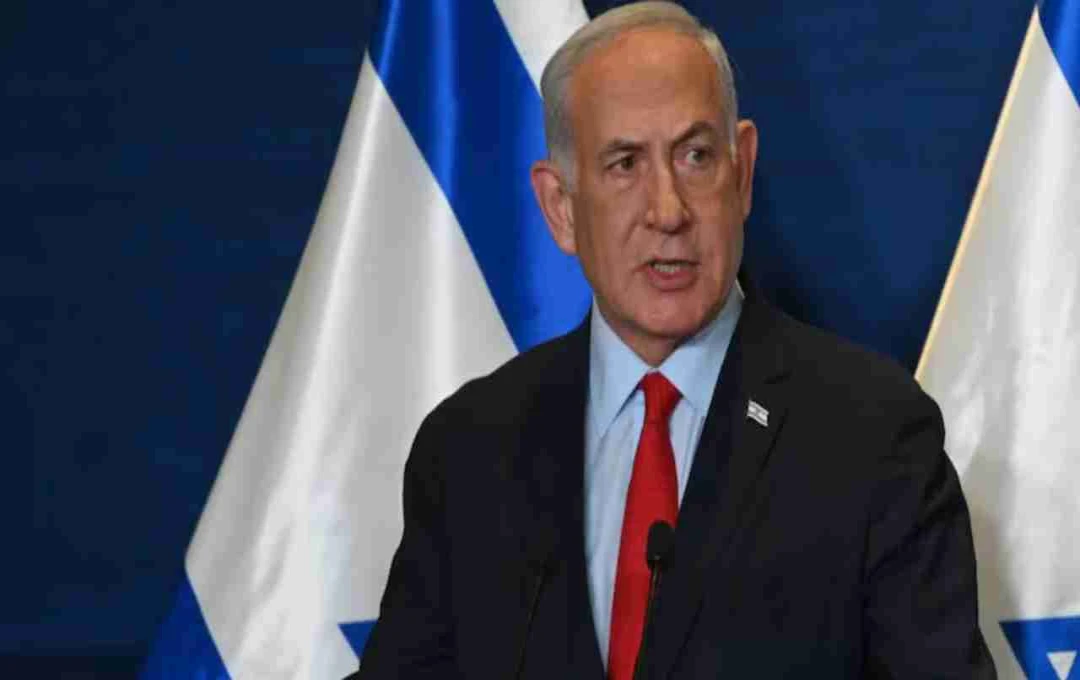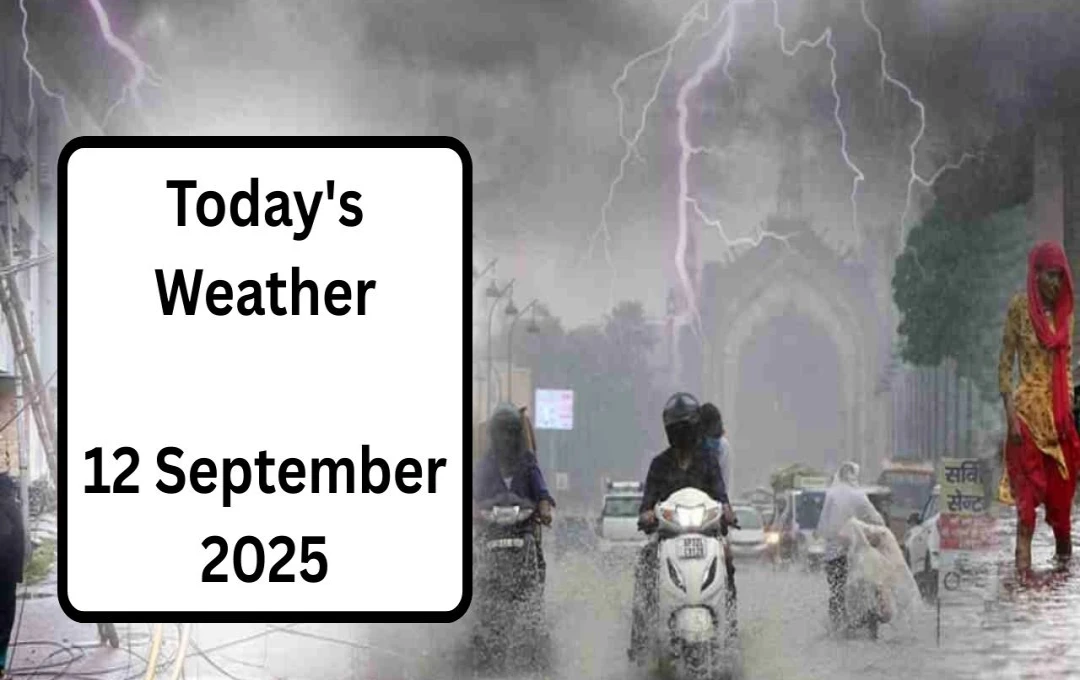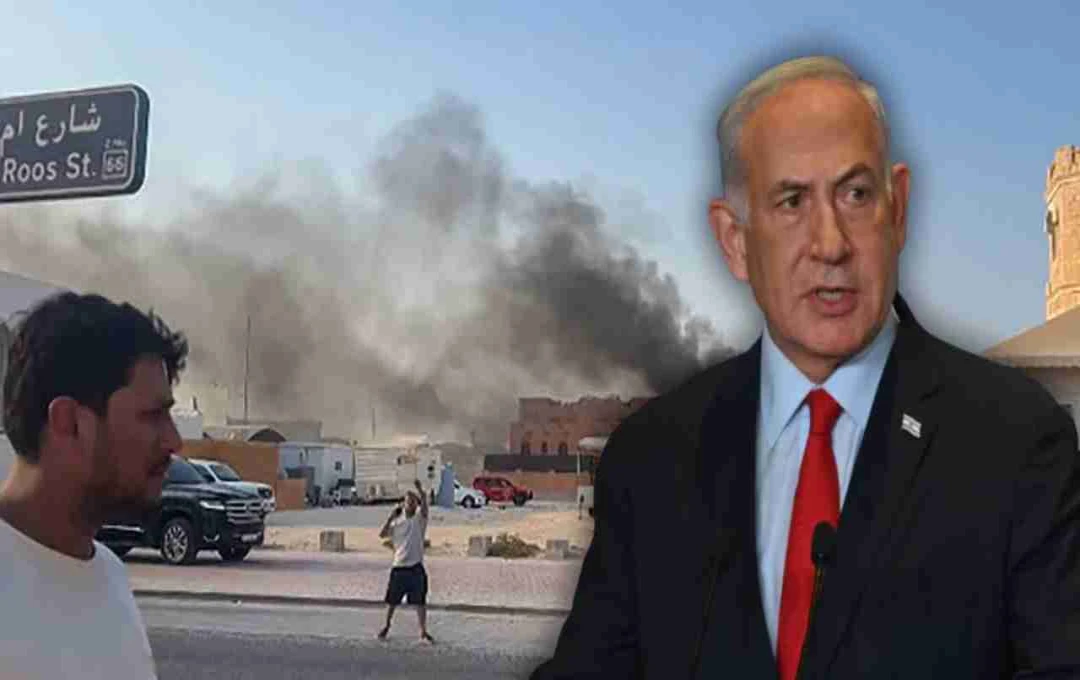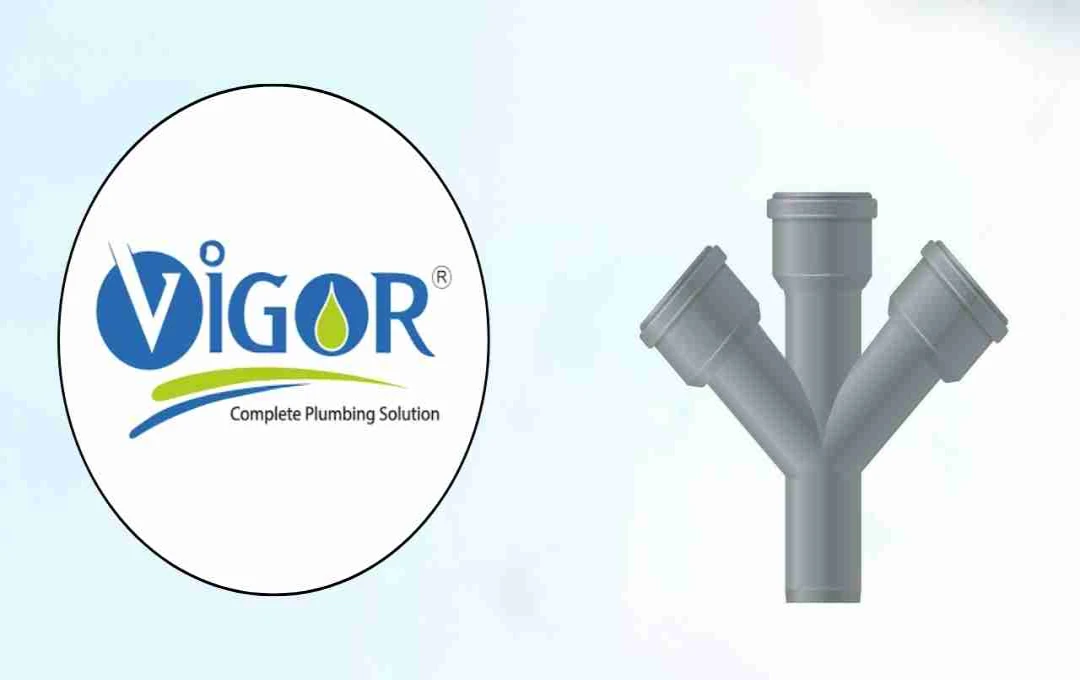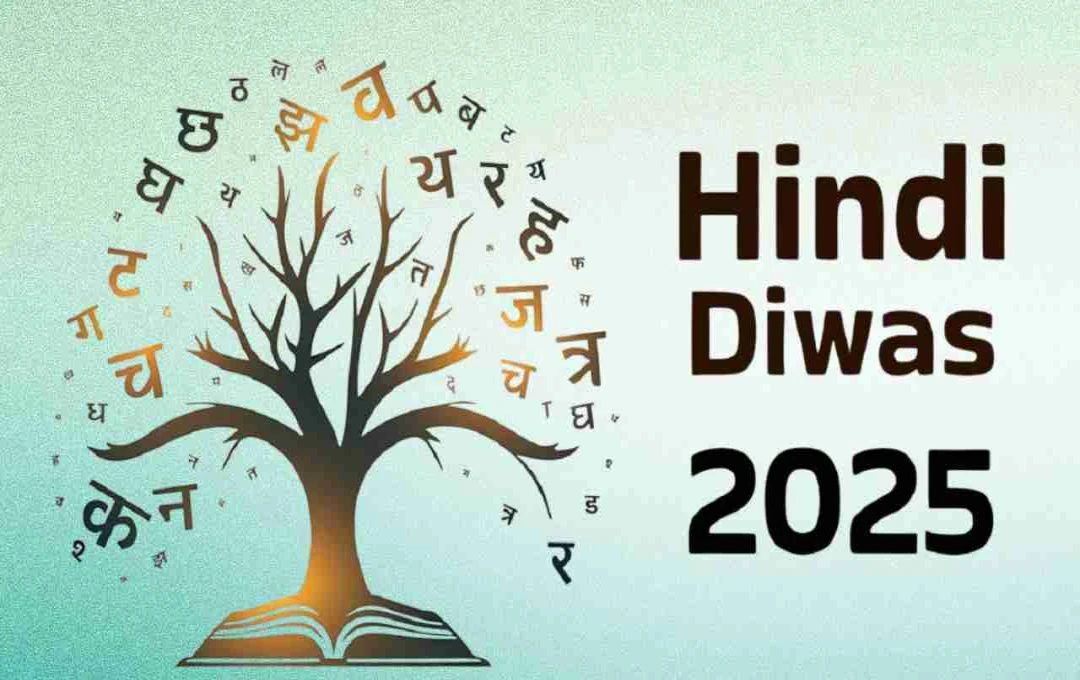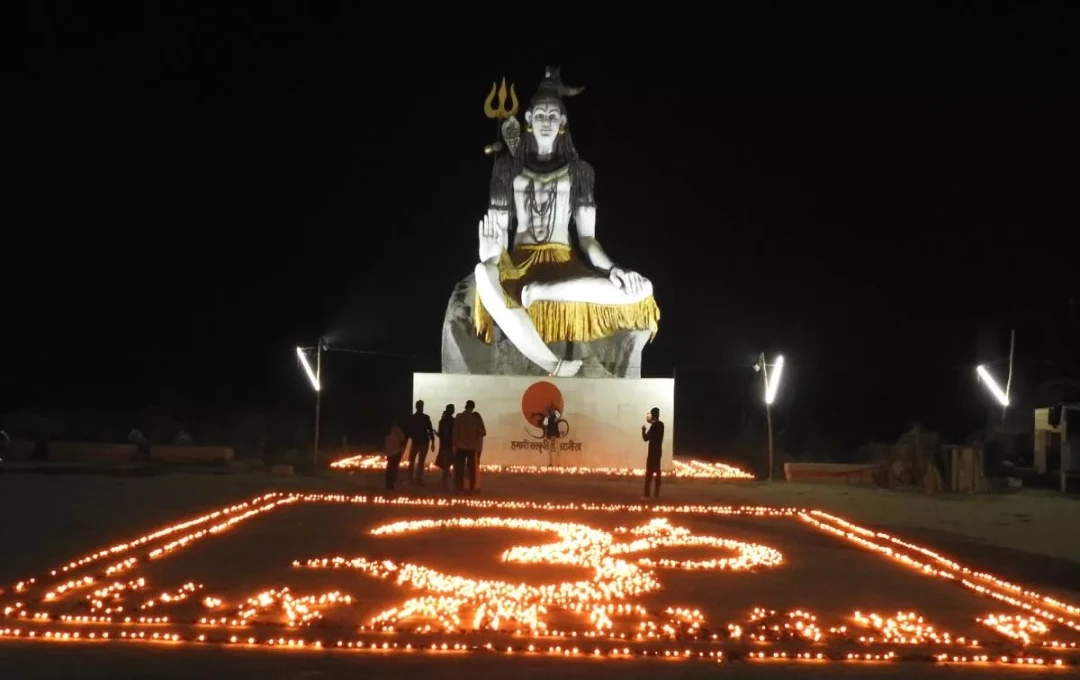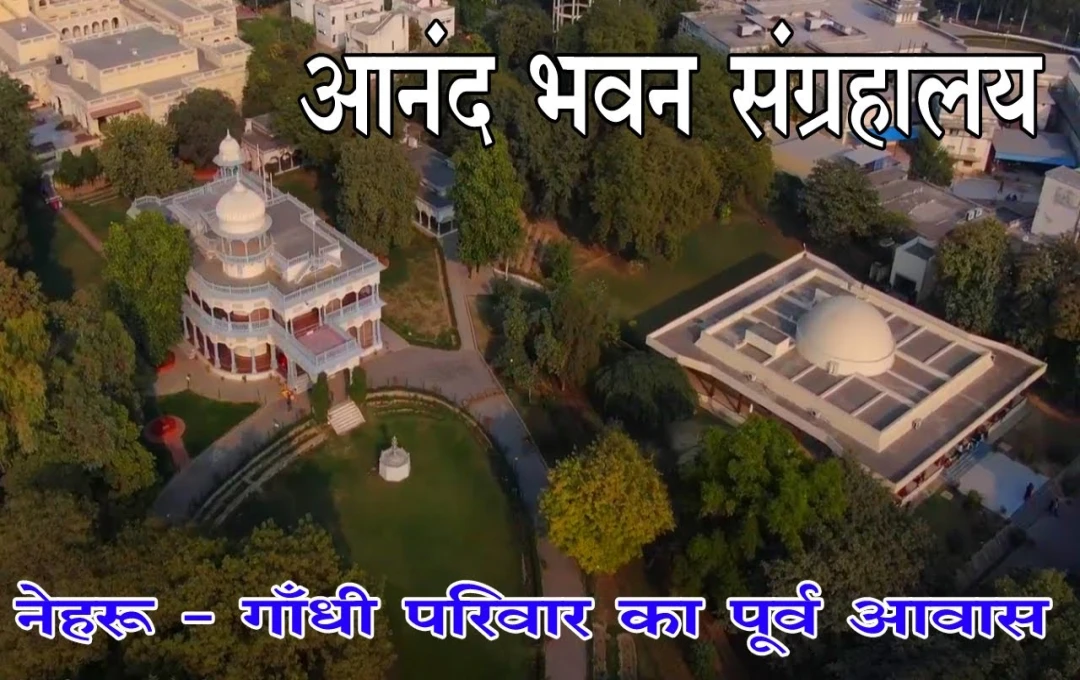Israeli Prime Minister Netanyahu Approves E1 Settlement Project, Clearly States No Palestinian State Will Be Formed. This move will divide the West Bank into two parts and virtually eliminate the possibility of a Two-State Solution.
E1 Project: The decades-old dispute between Israel and Palestine has once again surfaced. Israeli Prime Minister Benjamin Netanyahu has unequivocally stated that no Palestinian state (Palestinian State) will be established. Netanyahu made this statement upon approving the controversial E1 Settlement Expansion Project. This project will not only bisect the West Bank but also isolate East Jerusalem (East Jerusalem).
What is the E1 Project and Why is it Controversial?
This project, established on approximately 12 square kilometers of land east of Jerusalem, is called "East 1" or "E1". It is located near Ma’ale Adumim. Plans include the construction of thousands of new homes in this area, along with new roads and infrastructure (Infrastructure). The estimated cost is around 1 billion US dollars.
In reality, this project is not new. It was halted in 2012 and 2020 due to b objections from the United States and European countries. However, Netanyahu has now announced its advancement after receiving approval from the Planning Commission of the Ministry of Defense.
Netanyahu's Blunt Statement
Benjamin Netanyahu clearly stated, “There will be no Palestinian State. We will protect our heritage, our land, and our security.” This statement comes at a time when Israel recently attempted to target Hamas leaders in Qatar. Resuming this project could further escalate tensions between Israel and its allies.
Impact on the West Bank and East Jerusalem
If the E1 Project is completed, the West Bank (West Bank) will be divided into two parts, separating the northern and southern regions. The most significant impact will be on East Jerusalem, which is envisioned as the capital of a Palestinian state. This project will further solidify Israeli control over East Jerusalem and make its claim virtually impossible for Palestinians.

The United Nations and many countries believe that with this move, the Two-State Solution, where both Israel and Palestine coexist as independent states, will now be nearly impossible.
Question of Palestinian Statehood at the UN General Assembly
Following this controversial project and Netanyahu's statement, the world's attention is now on the UN General Assembly (UN General Assembly) . Several Western countries have indicated that they may recognize Palestine as a state in the upcoming session.
International Law's Stance on Illegal Settlements
Israeli settlements in the West Bank are considered illegal under international law. According to the Fourth Geneva Convention (Fourth Geneva Convention), an occupying power is not permitted to resettle its own citizens in occupied territories.
The United Nations Security Council (UN Security Council) has stated in numerous resolutions that these settlements have no legal validity.
Israel's Argument
However, Israel refuses to accept this argument. It contends that the Fourth Geneva Convention does not apply to the West Bank as the territory was not under the sovereignty of any recognized state before the 1967 war. Israel also claims that this is not a "population transfer" (Population Transfer) as Israeli citizens settle there voluntarily.
Decades-Old Conflict
The conflict between Israel and Palestine is not new. It is a decades-old dispute where land, religious significance, and political control are the main issues. The Two-State Solution is the most discussed globally. This proposal envisions an independent Palestinian state in East Jerusalem, the West Bank, and the Gaza Strip (Gaza Strip), coexisting peacefully with Israel. However, the E1 Project and Netanyahu's recent statement appear to be all but ending this possibility.
